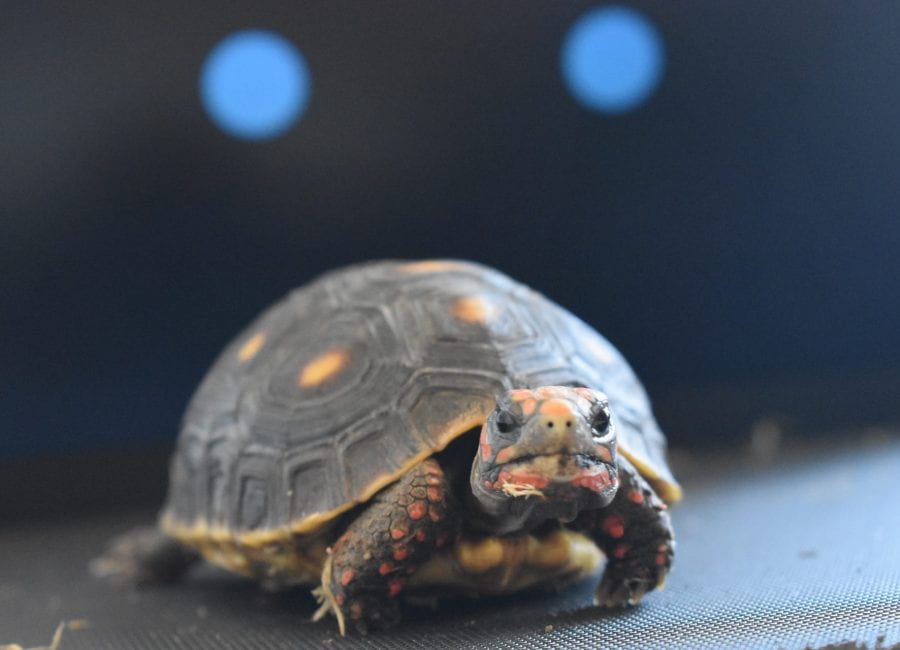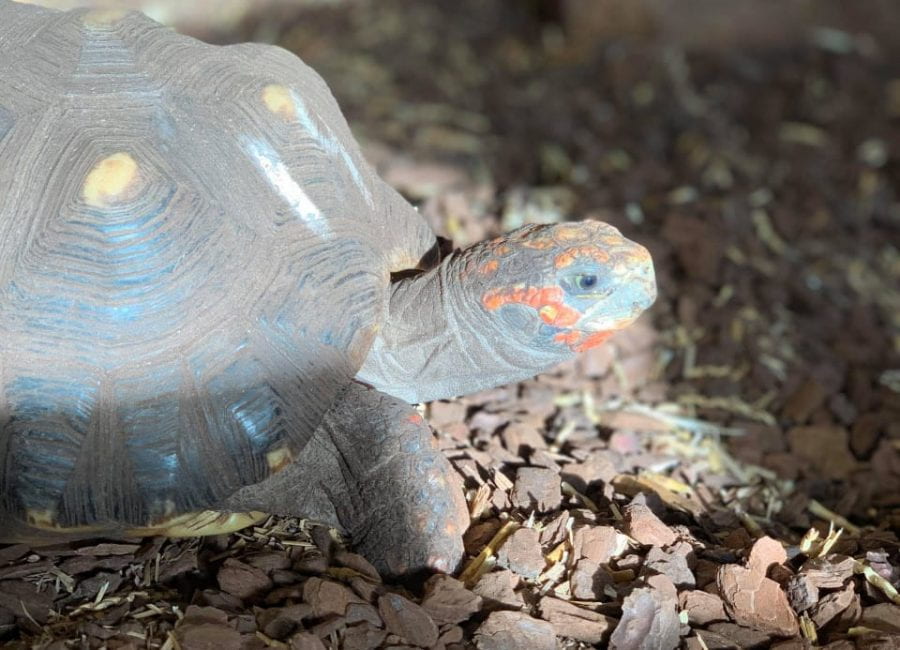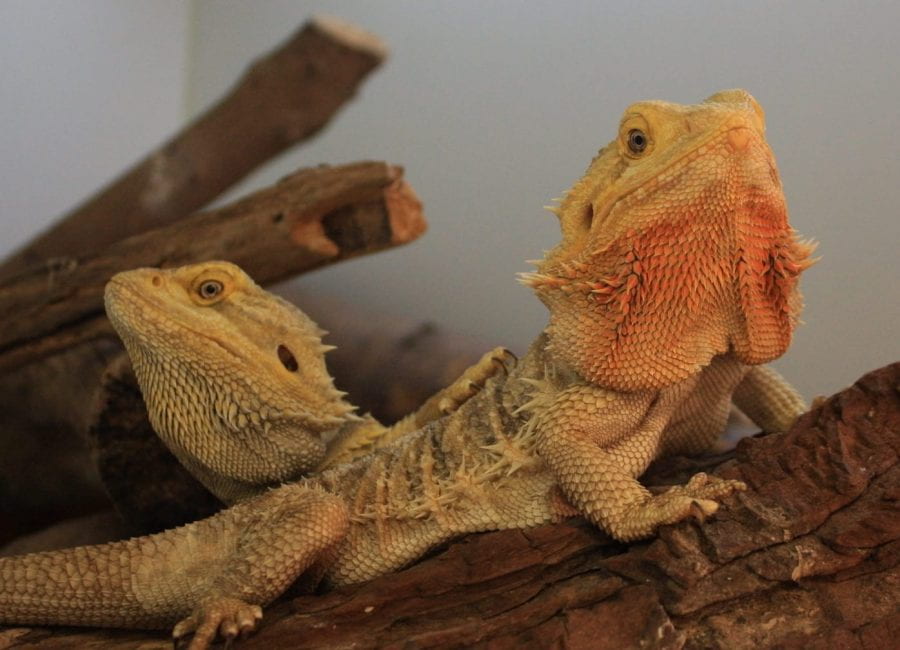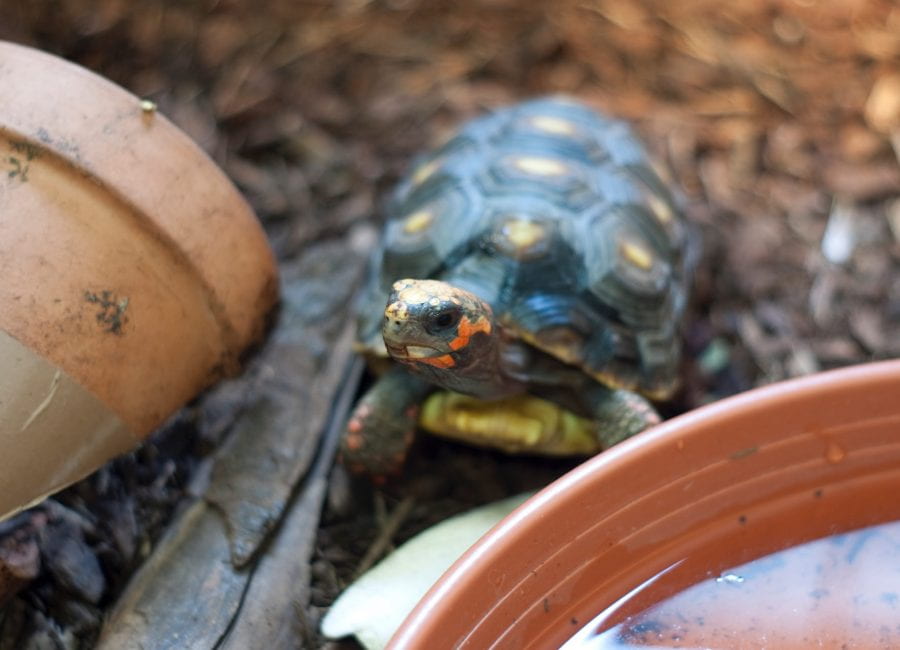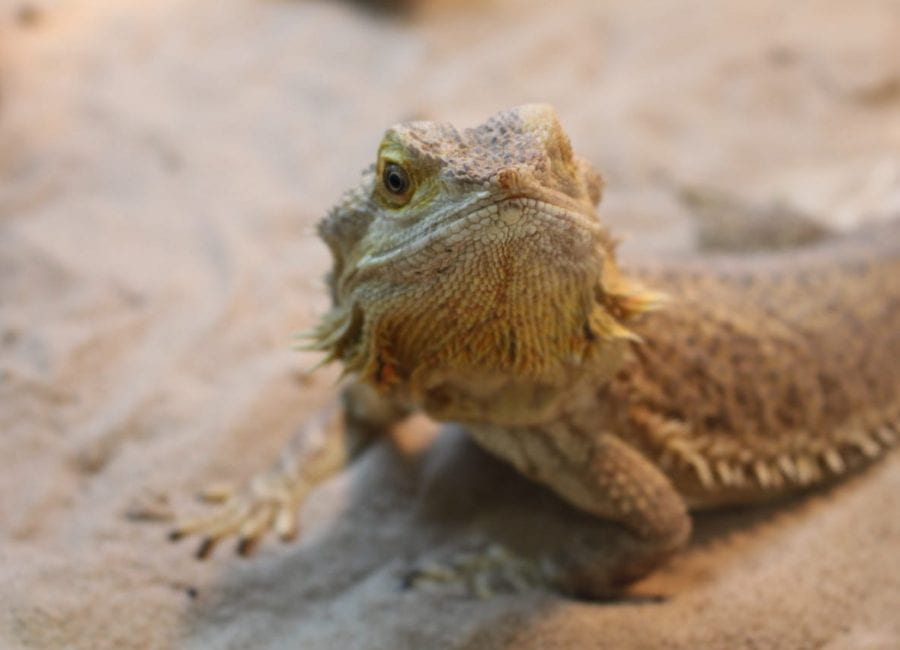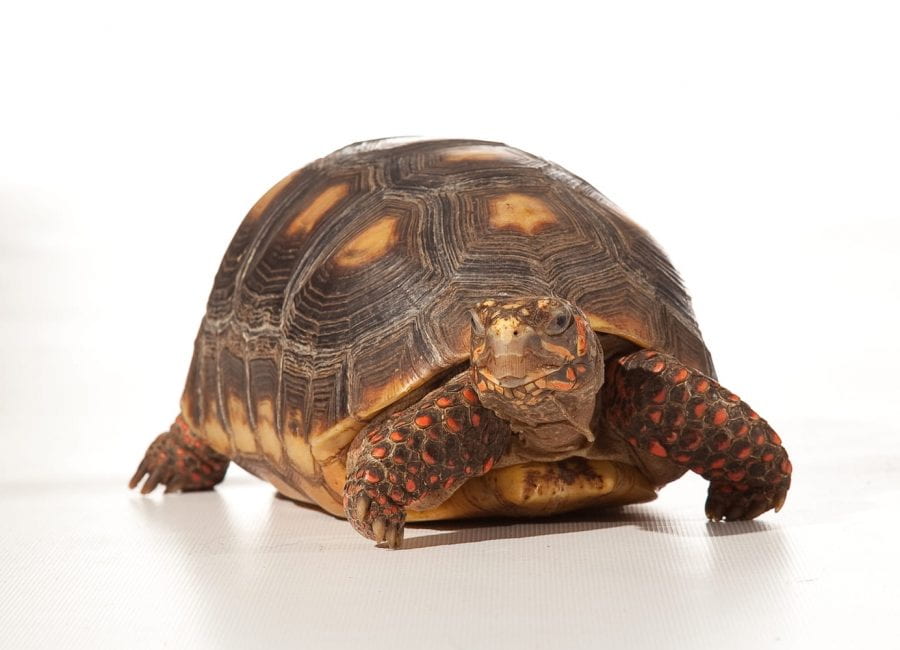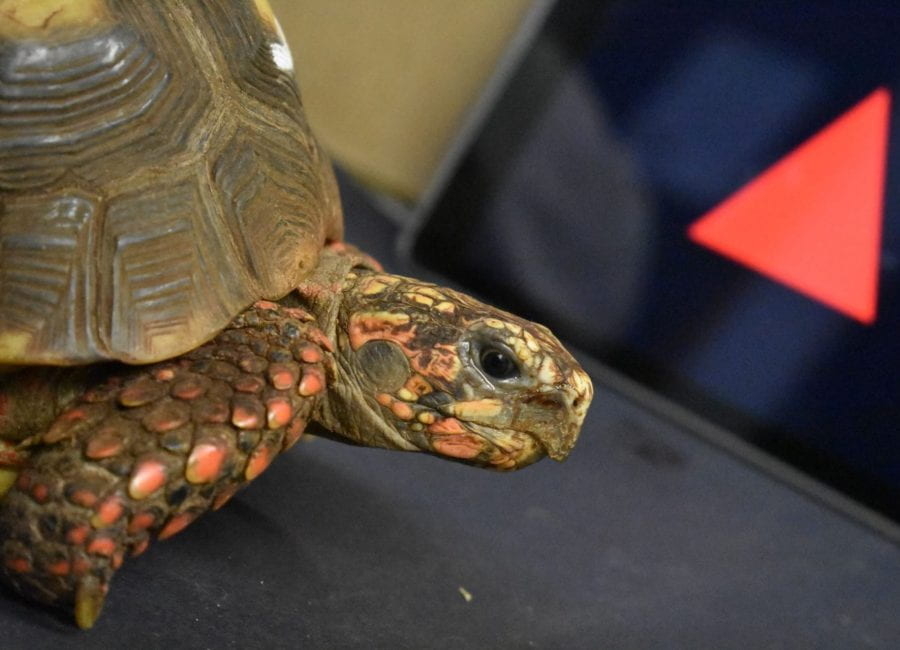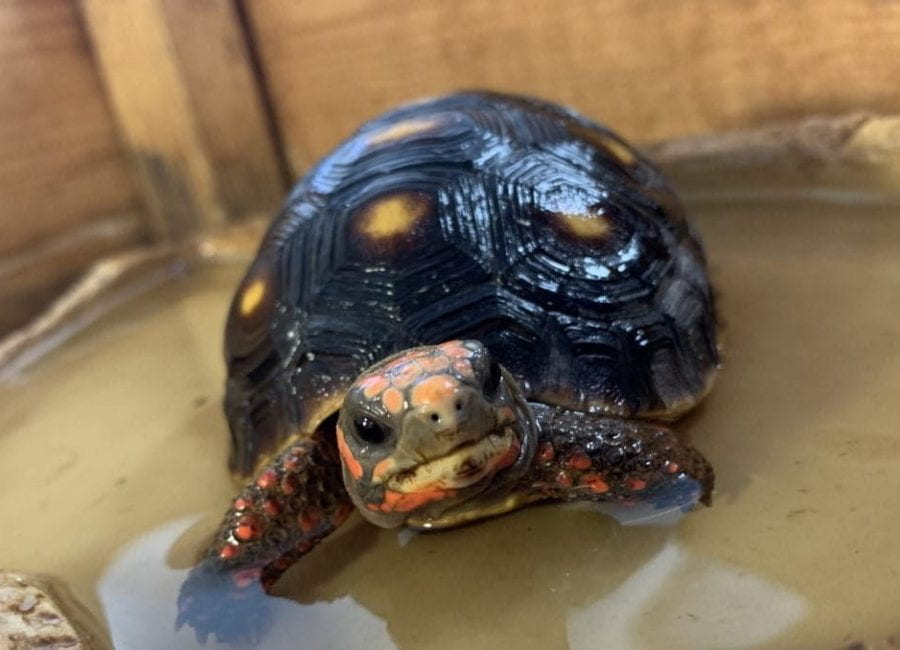Cold Blooded Cognition Lab
Our cold-blooded cognition lab is interested in how reptiles see the world, how they learn about their environment and how they use and retain this information. We do a whole variety of studies investigating intelligence in reptiles. We are interested in all species but primarily work with red-footed tortoises and bearded dragons at the University.
Research has revealed that reptiles possess an impressive suite of cognitive abilities
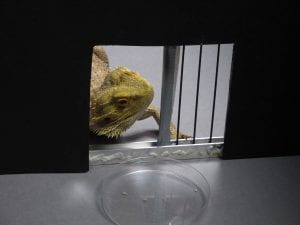
Reptiles are also great to test research questions that cannot be investigated in other groups. Patterns of reptile development differ substantially from those of birds and mammals; they can thus be used to investigate questions relating to external factors shaping cognition. Our studies have revealed that early environmental conditions (e.g. incubation environment) can have profound long-term effects on the cognition and behaviour of animals (e.g. Siviter et al.,2017; 2018).
The lack of parental care in many reptile species affords opportunities to test questions about fundamental learning processes. For example, it is assumed that living in social groups favours the evolution of social learning which is considered an adaptation for social living. Our work, however, has revealed that a non-social reptile species is able to learn socially, suggesting that the mechanisms underlying social learning may be the same as those underlying all learning. (e.g. Wilkinson et al.,2010).
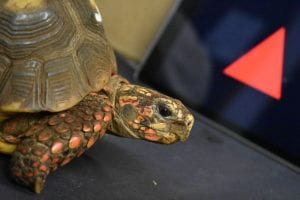
Here are some more videos showing our reptiles at work:
Tortoise Touchscreen
Tortoise Maze
Some previous studies include:
Does Enclosure Size Influence the Behaviour & Welfare of Captive Snakes (Pantherophis guttatus)?, 2021
Authors: Tatjana Hoehfurtner, Anna Wilkinson, Oliver Burman and Matthew Walker
Cold-blooded care: are cognitive judgement bias tests appropriate for use with reptiles?
The impact of enrichment on cognition in reptiles
How can I get involved?
By signing your reptile up to our database, you are expanding the number of potential species that we can work with, opening up whole new opportunities for research. All reptile-based studies will focus around surveys and questionnaires, or will ask you to take at home videos to send to our researchers. Each study you take part in takes us one step further in our understanding of reptile behaviour and cognition.
What reptiles do we have at the University?
We have our own reptiles at the University that are cared for by a team of dedicated animal technicians. We currently have a small colony of bearded dragons, leopard geckos and a larger group of red-footed tortoises. Our students frequently work with our reptiles to carry out behavioural or training studies for their dissertations, practicals and postgraduate work. Below are some photos of our resident reptiles!
